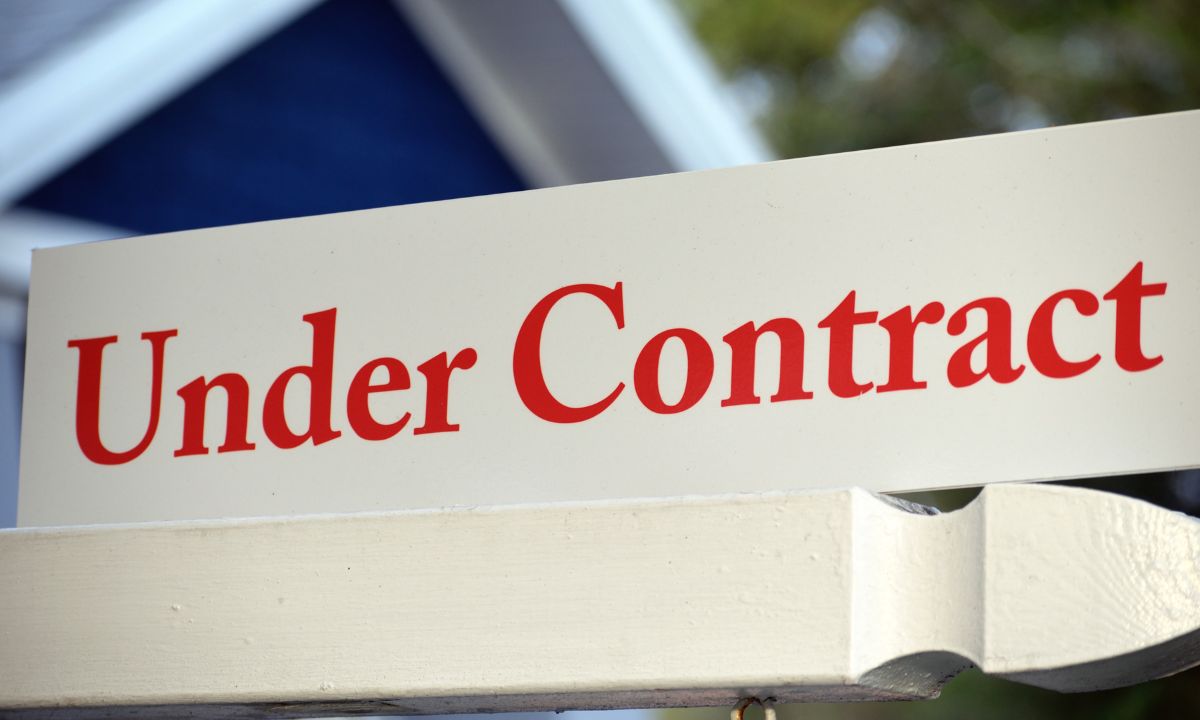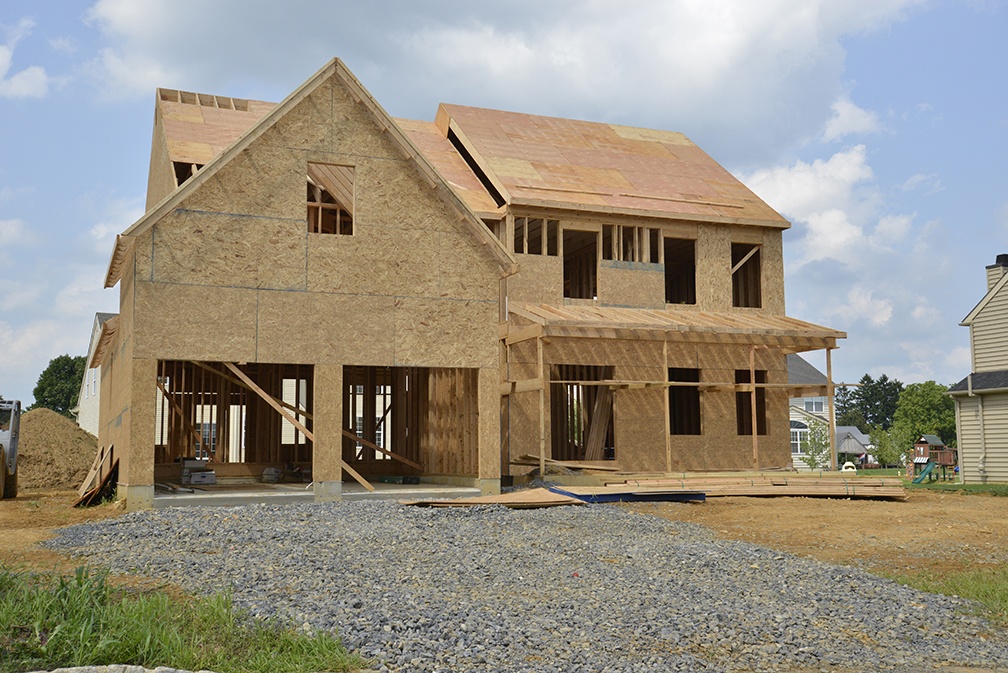 When it comes to buying a home, securing the right home loan is essential. But what determines how much you can borrow? Understanding the key factors that influence your borrowing power can help you make informed decisions and potentially increase the amount you can secure. Let’s explore these determinants and some actionable tips to maximize your borrowing power.
When it comes to buying a home, securing the right home loan is essential. But what determines how much you can borrow? Understanding the key factors that influence your borrowing power can help you make informed decisions and potentially increase the amount you can secure. Let’s explore these determinants and some actionable tips to maximize your borrowing power.
Key Determinants of Borrowing Power
- Income and Employment Stability
- Income Level: Your income is a primary factor that lenders consider when determining your borrowing power. Higher income levels generally mean you can afford to borrow more.
- Employment History: A stable job history indicates financial reliability. Lenders prefer applicants who have been with their current employer for at least two years.
- Credit Score
- Your credit score is a critical measure of your creditworthiness. A higher score can qualify you for better loan terms and higher loan amounts. Scores above 700 are typically considered good.
- Debt-to-Income Ratio (DTI)
- DTI compares your monthly debt payments to your gross monthly income. Lenders usually prefer a DTI of 43% or lower. A lower DTI suggests that you manage your debts well and have enough income to cover new loan payments.
- Down Payment
- The size of your down payment significantly affects your borrowing power. A larger down payment reduces the lender’s risk, which can lead to a higher loan amount and better terms.
- Loan Term
- The length of your loan term can impact how much you can borrow. Longer terms (like 30 years) typically mean lower monthly payments, allowing you to qualify for a larger loan compared to shorter terms (like 15 years).
- Property Value
- Lenders use the appraised value of the property to determine the loan-to-value ratio (LTV). A lower LTV ratio (ideally 80% or less) is more favorable and can increase your borrowing power.
- Type of Loan
- Different loans (conventional, FHA, VA, USDA) have varying requirements and limits. Each loan type has unique criteria that can affect how much you can borrow.
Tips for Maximizing Your Borrowing Power
- Improve Your Credit Score
- Pay Bills on Time: Consistent, on-time payments improve your credit score.
- Reduce Debt: Lower your credit card balances and pay off outstanding loans.
- Check Your Credit Report: Regularly review your report for errors and dispute inaccuracies.
- Increase Your Income
- Side Hustles: Consider additional part-time jobs or freelance work to boost your income.
- Career Advancement: Pursue raises or promotions at your current job to increase your earnings.
- Reduce Existing Debt
- Debt Payoff Plan: Focus on paying off high-interest debts first to lower your DTI ratio.
- Avoid New Debt: Refrain from taking on new debt before applying for a home loan.
- Save for a Larger Down Payment
- Set a Savings Goal: Aim for at least 20% of the home’s purchase price to avoid private mortgage insurance (PMI) and to improve loan terms.
- Cut Expenses: Reduce discretionary spending and save the difference.
- Opt for a Longer Loan Term
- 30-Year Mortgage: Choose a 30-year term to lower monthly payments and increase your borrowing capacity. Be mindful of the higher total interest cost over the life of the loan.
- Consider a Co-Borrower
- Joint Applications: Adding a co-borrower with a strong income and credit profile can boost your borrowing power. Ensure both parties understand the shared responsibility.
- Shop Around for Lenders
- Multiple Quotes: Obtain quotes from several lenders to compare rates and terms. Different lenders may offer different amounts based on their assessment criteria.
Understanding the key determinants of your borrowing power and taking steps to enhance it can make a major impact on your home-buying journey. By improving your credit score, increasing your income, reducing debt, and saving for a larger down payment, you can maximize the amount you’re able to borrow and secure more favorable loan terms. If you’re considering homeownership, let us handle the details. We’re here to help guide you through the process!
 Navigating the real estate market can be challenging, especially with all the industry-specific terms that get tossed around. Two phrases you’re likely to encounter are “pending” and “under contract.” While they might seem similar at first glance, they represent different stages of the home-buying process. Let’s break down what each term means and how they impact your home-buying or selling journey.
Navigating the real estate market can be challenging, especially with all the industry-specific terms that get tossed around. Two phrases you’re likely to encounter are “pending” and “under contract.” While they might seem similar at first glance, they represent different stages of the home-buying process. Let’s break down what each term means and how they impact your home-buying or selling journey. Buying a home is often considered one of the most significant financial and emotional investments in a person’s life. Beyond the mere transactional aspect, the process of purchasing a home is deeply intertwined with human emotions and psychology. From excitement to anxiety, hope to hesitation, the journey of home buying is laden with a complex interplay of feelings that greatly influence our decisions. Let’s explore how emotions can sway real estate decisions.
Buying a home is often considered one of the most significant financial and emotional investments in a person’s life. Beyond the mere transactional aspect, the process of purchasing a home is deeply intertwined with human emotions and psychology. From excitement to anxiety, hope to hesitation, the journey of home buying is laden with a complex interplay of feelings that greatly influence our decisions. Let’s explore how emotions can sway real estate decisions. Choosing the perfect home to settle in can be a tough decision. You have to weigh in on many factors including price, size, features and amenities, number of bedrooms and baths, design, and so on. However, all these factors are not enough to give you a great home ownership experience if you fall into the wrong neighborhood.
Choosing the perfect home to settle in can be a tough decision. You have to weigh in on many factors including price, size, features and amenities, number of bedrooms and baths, design, and so on. However, all these factors are not enough to give you a great home ownership experience if you fall into the wrong neighborhood. Are you current or former member of the US military service who is looking to buy a new home? If so, you will be pleased to know that there are some special mortgage programs that are open to you. Let’s take a look at five reasons why a mortgage backed by the Department of Veterans Affairs is an excellent choice when buying your new home.
Are you current or former member of the US military service who is looking to buy a new home? If so, you will be pleased to know that there are some special mortgage programs that are open to you. Let’s take a look at five reasons why a mortgage backed by the Department of Veterans Affairs is an excellent choice when buying your new home. Are you thinking about buying a new home? Congratulations!
Are you thinking about buying a new home? Congratulations! If you are in the market for a home, it is important for you to think about what is most critical to your housing search. Unless you have an unlimited budget, you will probably have to compromise somewhere to make a competitive offer on a house you can afford. Every buyer is different, but there are a few common themes regarding where buyers tend to compromise when looking for a house.
If you are in the market for a home, it is important for you to think about what is most critical to your housing search. Unless you have an unlimited budget, you will probably have to compromise somewhere to make a competitive offer on a house you can afford. Every buyer is different, but there are a few common themes regarding where buyers tend to compromise when looking for a house.  The national reading for home builder confidence rose one point to an index reading of 83 in April; the National Association of Home Builders predicted a reading of 84. Component readings for April’s national index readings were mixed. Builder confidence in current market conditions for single-family homes rose one point to 88. Builder confidence in market conditions for single-family homes in the next six months fell two points to 81 but homebuilder confidence in buyer traffic in new home developments rose two points to an index reading of 75.
The national reading for home builder confidence rose one point to an index reading of 83 in April; the National Association of Home Builders predicted a reading of 84. Component readings for April’s national index readings were mixed. Builder confidence in current market conditions for single-family homes rose one point to 88. Builder confidence in market conditions for single-family homes in the next six months fell two points to 81 but homebuilder confidence in buyer traffic in new home developments rose two points to an index reading of 75. When people are looking at buying a home, there are a few common mistakes that first-time homebuyers make; however, there are mistakes that seasoned homebuyers make as well. What are the most common mistakes that people make when they are looking for a new home for the second or third time? There are a few key examples to keep in mind.
When people are looking at buying a home, there are a few common mistakes that first-time homebuyers make; however, there are mistakes that seasoned homebuyers make as well. What are the most common mistakes that people make when they are looking for a new home for the second or third time? There are a few key examples to keep in mind.  Are you a homeowner who is thinking about selling their current home and making an upgrade to a newer, larger home?
Are you a homeowner who is thinking about selling their current home and making an upgrade to a newer, larger home?